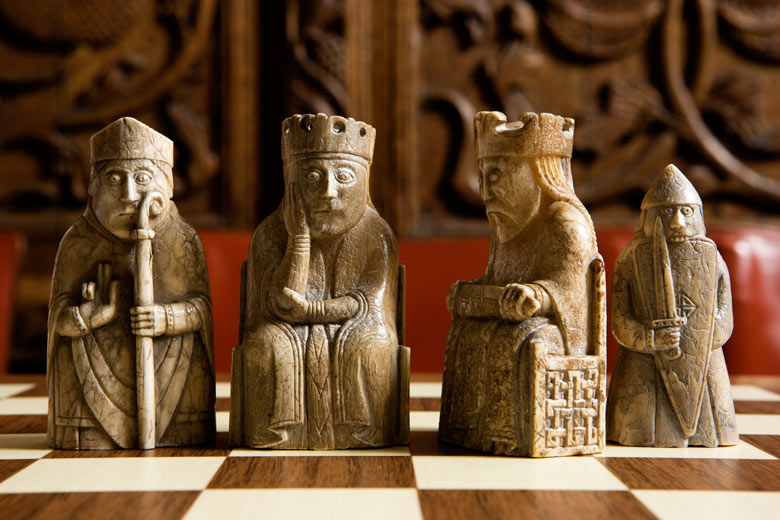This will be a talk for the CUNY Set Theory Seminar, April 27, 2018, GC Room 6417, 10-11:45am (please note corrected date).
Abstract. Open class determinacy is the principle of second order set theory asserting of every two-player game of perfect information, with plays coming from a (possibly proper) class
- Open and clopen determinacy for proper class games, VCU MAMLS April 2017
- On the strengths of the class forcing theorem and clopen class game determinacy, Prague set theory seminar, January 2018
- Open determinacy for games on the ordinals, Torino, March 2016
- Open determinacy for games on the ordinals is stronger than ZFC, CUNY Logic Workshop, October 2015
- Open determinacy for class games
- Determinacy for proper-class clopen games is equivalent to transfinite recursion along proper-class well-founded relations



When you say “forcing”, I assume you mean “set forcing”? You can easily break open determinacy with class forcing right? (i.e. open determinacy is a class forcing switch, not a button?).
No, our argument seems to apply to pre-tame class forcing, as well as set forcing. It seems to be quite generally preserved.
Meanwhile, we don’t know if ETR is preserved, or other fragments of second-order set theory. For example, I’d like to show that global choice is conservative over GB+AC+ETR, and the most natural way to try to prove this would be to start with a model of this latter theory and then force global choice without adding sets. The problem, however, is that we don’t know that this forcing preserves ETR. The outline would work, however, with GB+AC+Open class determinacy.
Thanks Joel! Super-interesting.
It seems that it’s quite difficult to keep track of what’s going on with introduced class-sized well-orders. This seemed to be the problem we encountered when looking at the variants of choice in second-order logic.
Yes, this was the original motivation for my question here. With open determinacy (and above), we now know that no new class well-orders are introduced, and perhaps this should be viewed as the main theorem here.